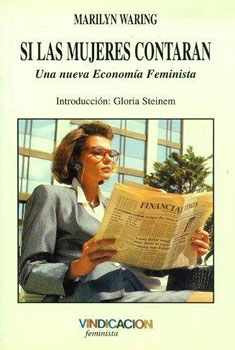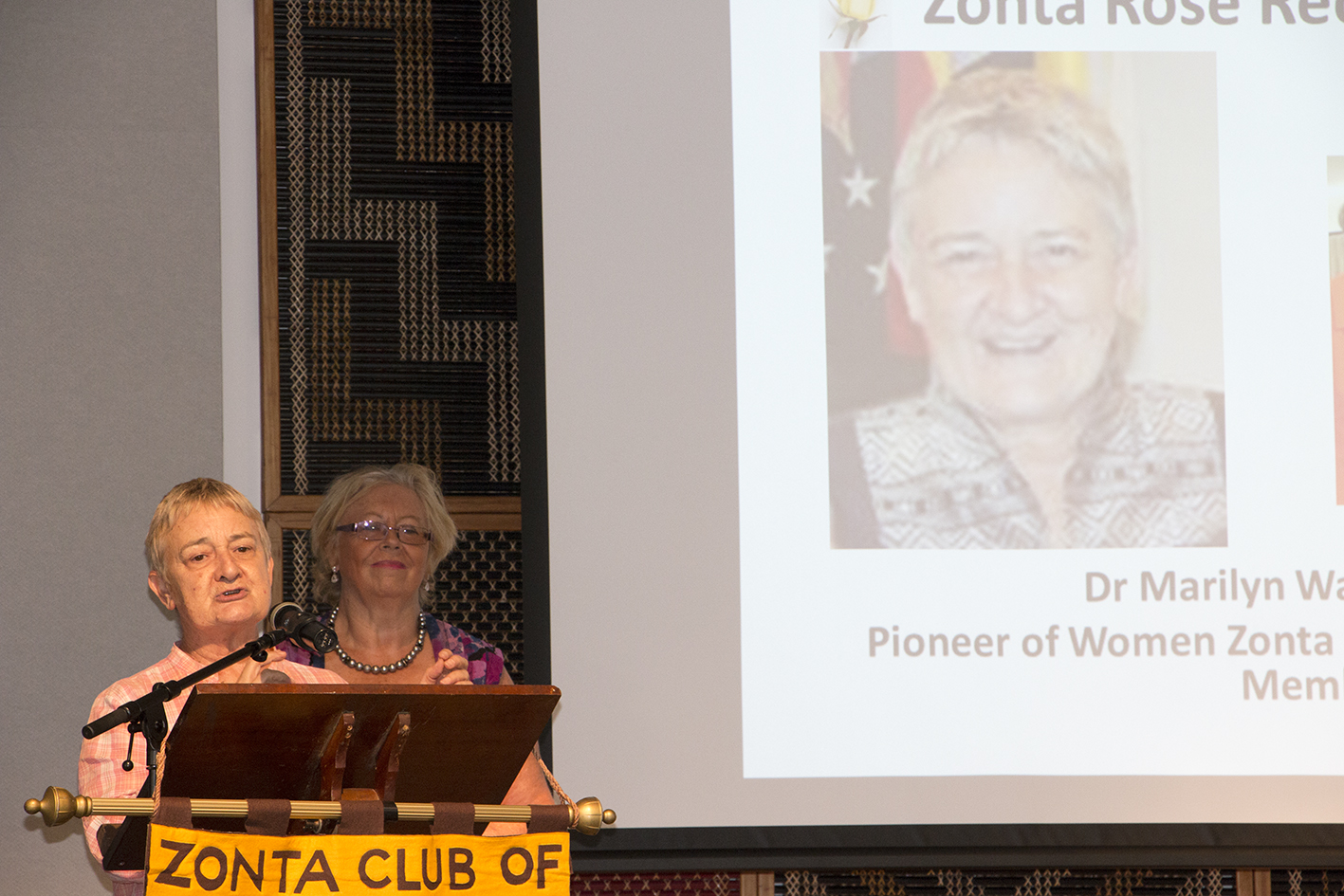

A disconsolate Muldoon responded by getting drunk and calling the now infamous “schnapps” election.īut Waring did not stick around for the economic upheavals of the 1980s.

She advised her party that she would cross the floor and back Labour’s nuclear-free bill. She led a distinguished parliamentary career, eventually chairing the influential public expenditure committee, a precursor to today's’ Finance and Expenditure Committee.īut Waring eventually brought the Muldoon Government to its knees. She entered parliament in 1975, as a member of Robert Muldoon’s caucus. Waring is one of New Zealand’s most significant political figures. “But the living standard framework won’t get me there”. “I would love to be out of this space,” she tells me. It’s the sort of revision that Waring might have been looking for - only it’s not, and she’s calling Treasury out on it. Its Living Standards Framework aims to broaden the way we look at the economy and it will sit at the heart of the first Wellbeing Budget, Grant Robertson will deliver next year.īroadly speaking, the idea behind a Wellbeing Budget is to look at how government can maximise the quality of life for New Zealanders, rather than just add value to a nation’s economy. Thirty years after her groundbreaking book, Counting for Nothing, exposed the rampant sexism at the heart of our system of national accounts, Treasury is finally overhauling the way they calculate just what is happening in our economy.


 0 kommentar(er)
0 kommentar(er)
